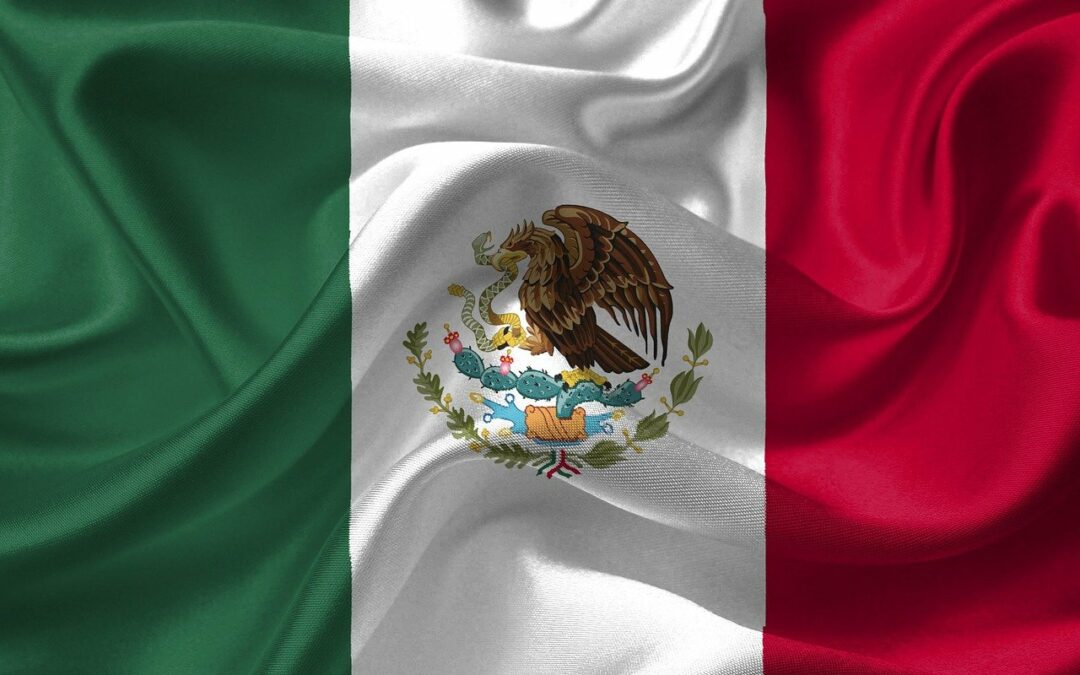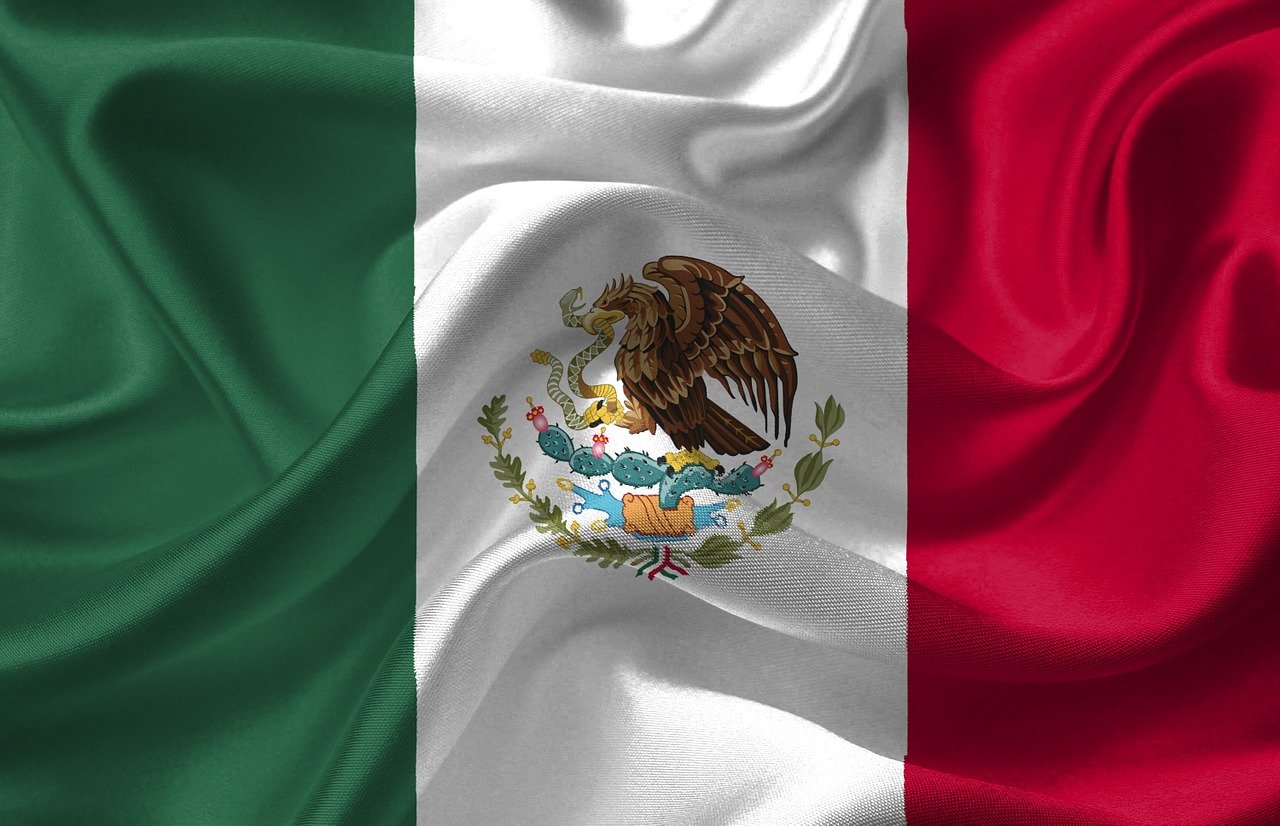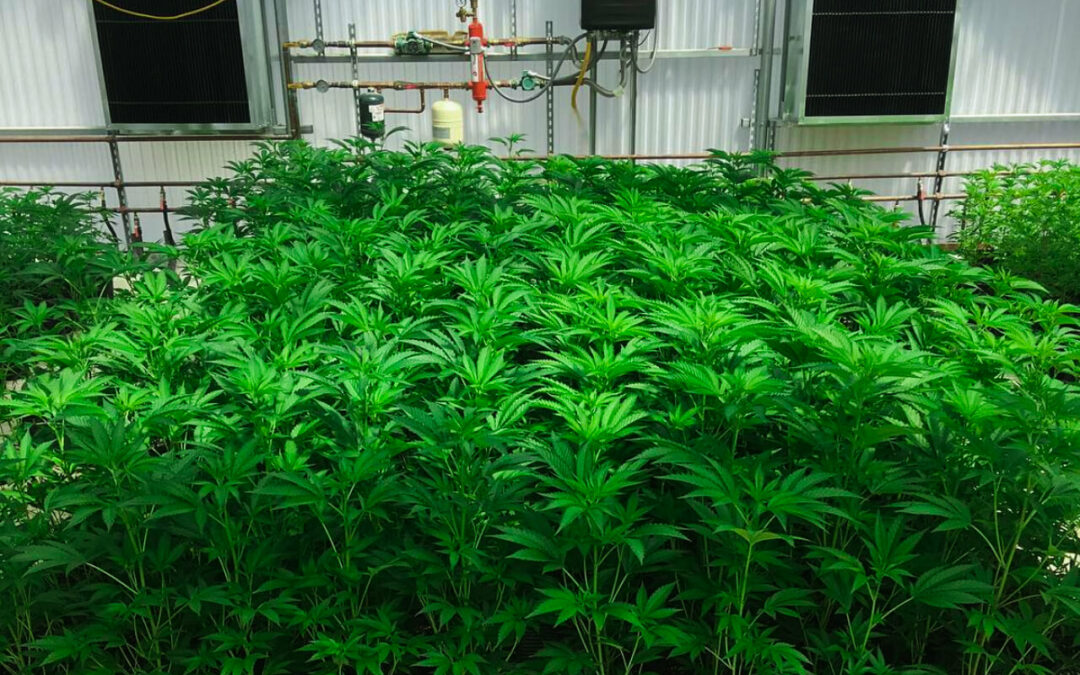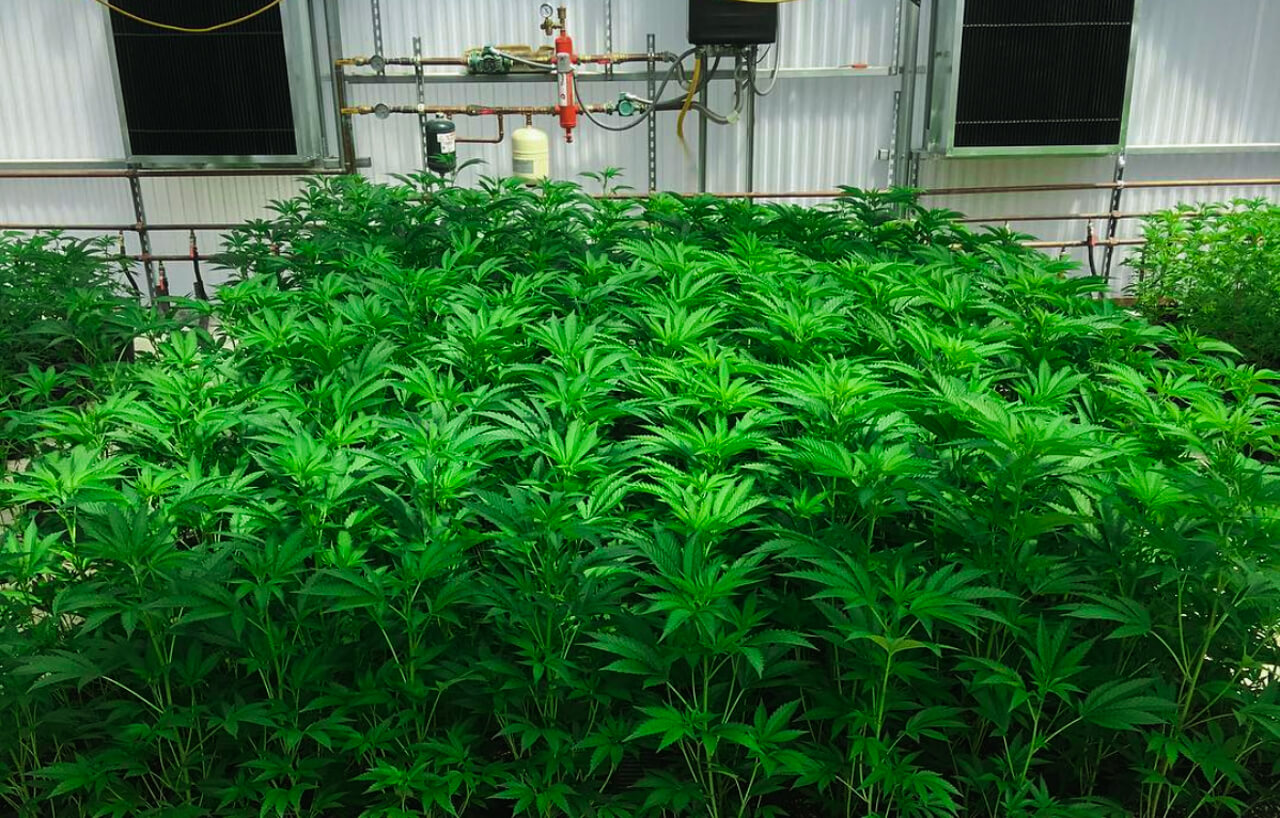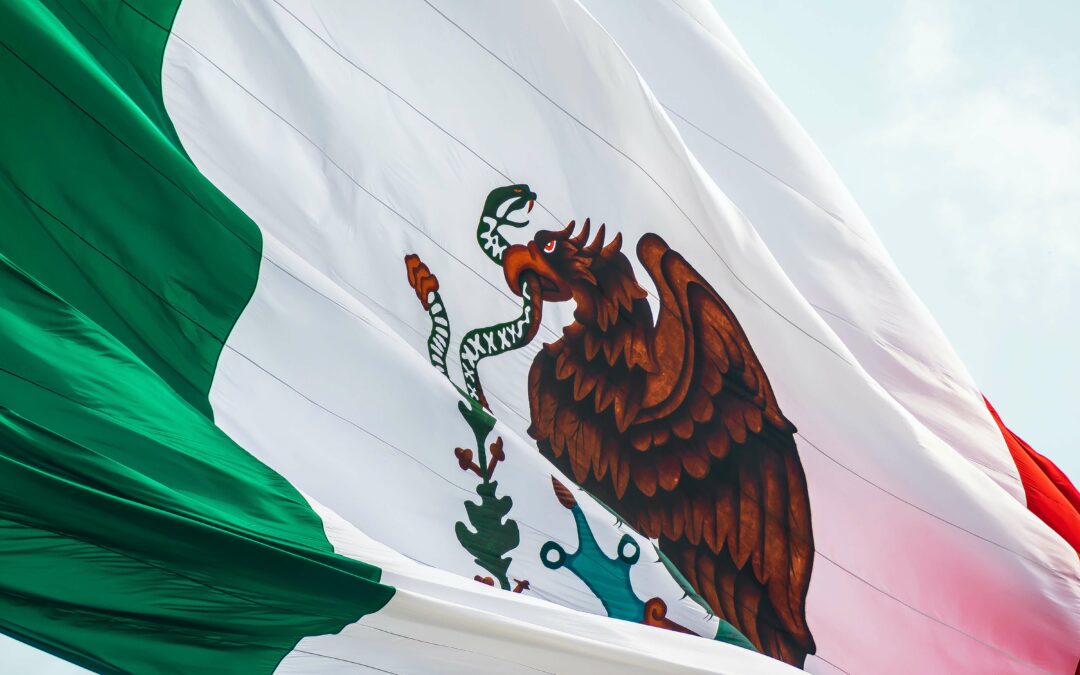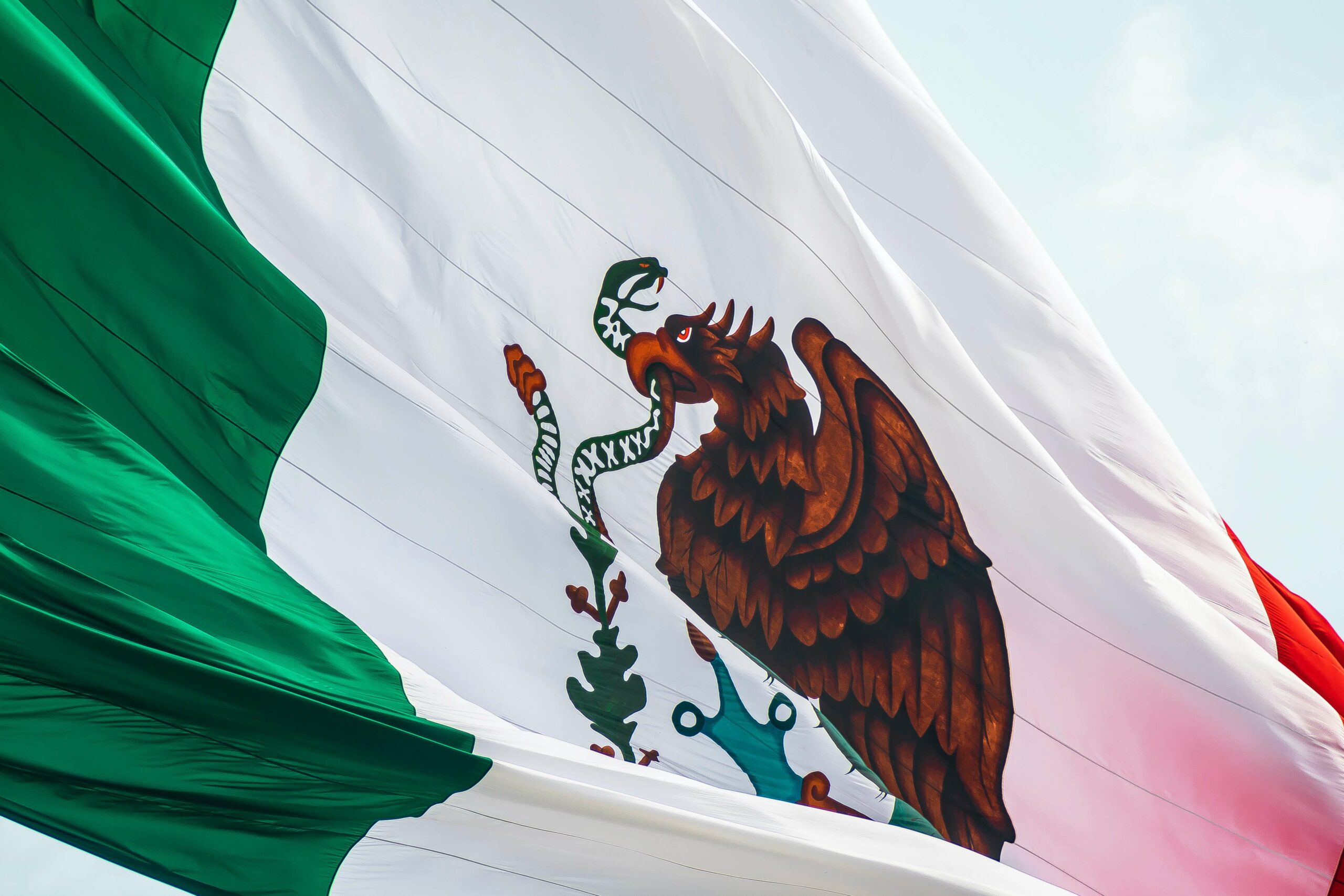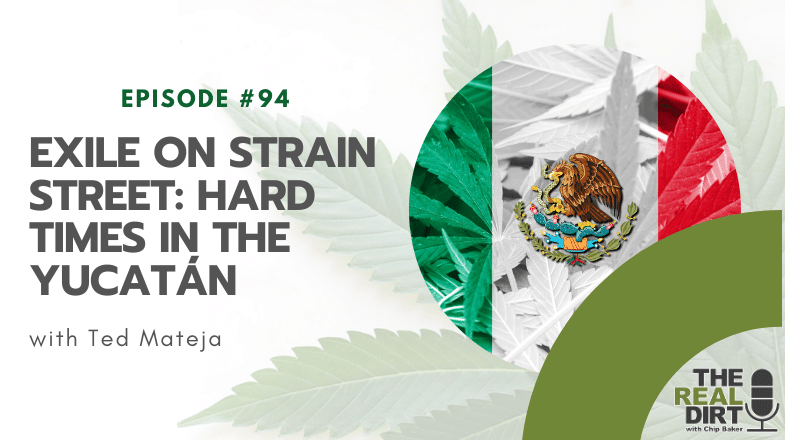Legalization of Cannabis in Mexico
Ted Mateja: 100% trial and error, I believe into that, you know, even some of what I’m going to do with a couple strains down here it’s highly illegal for me to do this to Mexico. What highly illegal–
Chip Baker: No, medicinal, just tell them medicinal.
Ted Mateja: Yeah, well, of course. I mean, it granted Mexico’s legal now I think they are legal there’s this recreational bill. But, just because it says that in its constitution, this is only recently this has happened in the past three months. It’s kind of like early days of cannabis in Colorado where the police weren’t quite aware of the laws that were around, right. I mean, for a while people are busting people in Colorado, and they didn’t know and you would sue and you would win, right? Because they didn’t educate the law enforcement on it. And that’s kind of what we have here and you’re not educating up on the current development law.
Well I’m planning to grow a couple of strains, I’m going to grow them low, kind of make them really tiny so I can keep them where they’re not, you know, crawling over a 20 foot fence. That’s like, we’re going to play with this a little bit and see what happens. Everything always can chop one down, but that’s not an option.
Chip Baker: We got to chop it down [inaudible]
Ted Mateja: My life cycle here is a continual 12-12 yearly I think max is 13 and a half hours. Max 13 hours a day light and exceeding and the lowest is like 11 hours and [inaudible] I get flower out all year round. Yeah the other good greenhouse with some offset lighting you want to do commercial, not a problem–
Chip Baker: [inaudible] automatically going to commercial.
Ted Mateja: I mean, that’s how you and I think, how much can we produce? Right? commodity.
Chip Baker: Commodity. Absolutely. So yeah, just to catch you guys up. I’m sitting here talking to Ted Mateja. Ted is a founder of Atlas Cannabis, they’re international cannabis company. They’re involved in license and license in all over the country from Denmark degrees to Colombia to the old USA. And the reason I called Ted up today was one because it’s his birthday, Happy Birthday!
I wanted to talk about like, you know, what’s going on with cannabis internationally since we have this current, you know Corona virus that we’re dealing with and how he thinks it’s affecting us right now and how he thinks is going to affect us in the future. You know, one of the things that’s come up is cannabis is essential. Now, let’s talk about that.
Ted Mateja: Man, isn’t that an interesting subject on its own? Really, we’ve been waiting years for that to happen. And, you know, one just to give thought to the political environment right now globally, it’s a shitty situation what we have going on all over the world with is COVID-19 and whatnot. But it’s really promising for cannabis people to see in the United States. What are we like 33-36 states or something that are medically legal. And I could be shooting, I could be a wrong back couple but doesn’t matter but more so is all these states that are legal medically, are beaming cannabis essential. It’s essential as guns, as essential as alcohol, as essential as the damn grocery store being open. And that is a very, very promising thing in today’s environment. We were talking about 15 years ago we were laughing [inaudible]
Chip Baker: Yeah, totally. We would have said it needed to be. In Denver a couple of days ago they issued a stay at home warning and list the non-essential businesses and recreational cannabis facilities and liquor stores weren’t included on the initial list. Man within just a few hours though, it was a reissuing of the list and the first thing it said was, um, well, of course, recreational cannabis shops as well as liquor stores can remain open.
Ted Mateja: For sure, hey, I’ve moved most of my money in the stock market just over to the liquor sales. So liquor distributors and that Southern glacier. Hey liquor sales are up 220% right now, that’s a fact. I didn’t make that number, it was a fact. So, you know, marijuana in areas that are solid and stable are doing quite well, which is good, which is very promising for the industry. But what else you’re gonna do, you’re quaratined at home.
There’s nothing to do, either you’re going to drink or you’re going to smoke some weed all day because there’s nothing to do and humans were not meant to just sit down all day long. Some people are so I agree. Some people are but, I’m not. And most people I know aren’t. We have to keep moving so might as well do something with the day just stay stone and forget about it.
Chip Baker: So how has the virus affected other cannabis operations throughout the world? Have you talked to anyone with any of your other contacts?
Ted Mateja: Yeah, I mean, well, you and I are on a project in Georgia, that’s one that’s getting installed. But we’re gonna we can get into that later. In the United States, we’re more established with policy medically, per se, to walk away from recreational environment, right because it wouldn’t be politically correct to say recreational, we still be going to source smoking weed. I agree we should but whatever.
Medically it’s stopped globally. It’s stopped. Everything is based around this Corona virus. And I don’t think you know, 2020 was a very critical year for myself. And cannabis, because I thought there was gonna be a lot of policy to passing was totally heavily different just in the States and internationally. But we’re gonna stop right now with the COVID-19. We’re 100% there’s nothing gonna happen.
Chip Baker: It’s going to be topsy turvy in the marketplace too, because is a huge portion of the Colorado and California, Oregon and Washington legal cannabis business and there’s no tourism going on right now. So I mean, I’m not sure what back in but in Colorado several years ago is considered almost half 50% of the sales with tourist sales. So, man without those guys going 50% dude, there’s just gonna be immediately this huge overproduction for all of these shops that had developed retail organizations and then a big fuel, big huge grow to supply that. So you know, those guys they’re gonna like be doing 50% less business at their retail stores. They’re gonna have all this weed. They’re not normally used to like wholesaling weed like tons of people are, and then the wholesalers, they’re still gonna have their weed. So, man, the markets are gonna be flooded the price in Colorado is already dropped like a chunk. And, you know, just the past few weeks it’s perceived that business is really good right now. But I think overall it might not be so man. Just what’s gonna happen when it all catches up when it floods.
Greening the Black Market
Ted Mateja: Well, I like to think I have a great understanding of what that was because it was a time back in the day where everything was [inaudible]. And I remember the 2008-2009 when we had the recession, the black market cannabis was some of the highest profit margin you could ever make during the years and I was originally thinking that that would cause the same type of situation during COVID-19. But to be honest with you, look at the tourism. What about like you look up in Northern Humboldt, and year old area? What about people come into tram, come into work, come into harvest, there’s no mobility right now.
Chip Baker: Labor is hard right now. It is hard.
Ted Mateja: It’s going to hurt. And black market controls. As much as– I don’t like to say this out loud, the black market dictates price of the legal market. So I think, yeah, the legal market is going to have a glut of overproduction, but I don’t think it’s gonna hurt him on sales, I don’t–
Chip Baker: Well, I mean, currently, it’s not but I don’t know, man. We’ll see, in the states that don’t have recreational their sales are going up, right, because they’re not reliant on a tourist market. But you know, it’s it’s already– So, overall wholesale prices in Colorado have dropped in just the past few weeks and it was rapid drop as well.
Ted Mateja: And that’s on illegal market correct?
Chip Baker: Yep. Hey, people aren’t going to like stop smoking weed. So private market sales to places like Indiana and Georgia and all the states that don’t have access to legal medication medicine, they’re all going to like ramp-up.
Ted Mateja: Their prices are going to go up. You know.
Chip Baker: It seems that consumer prices is still paying the same as they have for 30 years, man on the consumer end, right. It’s like hardly changed at all. It’s all the middleman people transporting it, growing it, they’re making the money.
Ted Mateja: That’s a whole another podcast alone.
Chip Baker: Yeah. Right.
Ted Mateja: I got you off the rails on this–[inaudible]
Chip Baker: Sales structure [inaudible] brand of this market.
Ted Mateja: Yeah, as you know, the guys that got fucked in that deal were people like you and me the cultivators.
Chip Baker: Absolutely got grower grain, he ain’t getting shit– the guy who’s reselling the cereal at the grocery store, he’s getting paid. Right and all he has to do is buy [inaudible]
Ted Mateja: I remember back in the day especially like, you know, when the market started dropping, I would sell a lot of old wholesale black market stuff, and I always drop my prices down, you know, my margin I knew when I needed to make. And I know that. And I was like, you should pass this down to the consumer. They only do it for so far. When you get into the middleman that guy is distributing eight orders out. He or she don’t give a shit–
Chip Baker: On a dollar quarters, $60 rates.
Ted Mateja: Yep, right all day long. And that’s why I’m a big fan of the recreational market getting illegal because then I tell them in this big thing it scared me you know, back in 2012 and 2013. I truly thought the recreational market was going to make this product more expensive for people. Man, by the time we [inaudible] a goddamn eight it’s gonna cost us $100. Now the recreational the legal market has been very good for cannabis consumers. I mean, can you find eighth on the street for $35-$40. You can buy an eighth in the store $35-$40.
Yes, you can get a cheaper you get more expensive, but just in general. But I can walk into a store and go can get 100 different types of varieties, right, it gives you an option. And when you think about sales and to the consumer, if you take me into a store and so I need to spend $1,000 on this item. But I’ve got five other items I can spend $900-$1100, $1200 eight. I’m always going to go to the most– it gives you options. It makes retail experience. It becomes shopping, it’s fun. You end up spending more money because you have options.
Chip Baker: Oh yeah, me too, man. Me too. Same one, can I have one of those, one of those–
Ted Mateja: Of course. Kind of like a– I like to come out with like a Skittles stock every time I go on the store I’m like this is [inaudible] amazing.
Chip Baker: Yeah, totally it’s you know, it’s good changing like that all over that man. I mean, you know, Alabama, Virginia, West Virginia, like everybody is hopping on some type of medical cannabis operation man it’s everywhere.
Ted Mateja: It’s moving along very well. I mean, it’s solid. It’s really– I don’t want to say shitty. It’s shitty for marijuana business right now. We’re getting policy passed during the current environment right now, but it’s really hard to look cannabis from a distant you know, we’re doing this fairly right. We’re setting this up correctly. And I always take pride into going into places to say the way I tell people I’m not financially motivated. Yes I want to make money, yes there’s money [inaudible] first off we need to set this industry up correctly with the proper rules, proper regulation, proper environment and then we’ll all make money but it’ll be benefit to the society and people. We can [inaudible] you very long time for this, you know as much as anybody.
Chip Baker: Yeah man preach on dude. This true thought, get rid of the greed and just start growing the weed and things will work out.
OKC’s Present Environment
Ted Mateja: Absolutely. How’s Oklahoma’s environment right now?
Chip Baker: Well, a bunch of places have shut down because the Corona virus you know my wife’s dispensary, she shut that down. She kept the clone nursery going. We just have somebody that goes in there one day a week and takes care of everything. So that’s still happening.
We got a pretty good sized garden plan for the year and our sales and the grow stores have been holding pretty steady. So we see that like people are still smoking tons of weed the mark is not like full yet it’s not flooded jet you know there’s still room for people to grow and put it together. I mean, you know, we’ll see what happens with the fallout from this Corona virus. But, man, as far as I know, man, people that are unemployed they smoke more weed.
Reflections during the Epidemic Condition
Ted Mateja: Utilize this time to get closer to your family. Get your own personal situations under order. Use this time to self reflect on you. This is a once in a lifetime opportunity. Make it solid. It’s good, but you know what I mean? Like it’s use this time to reflect. We’re humans.

Humans can survive anything. We’re humans, and we’re survivors, we’re gonna get through this. We don’t know what it’s gonna be. I mean, you and me. I love talking to people, especially the older generation. I love turning people that are against cannabis and educating them. So you know, we’re not a bunch of weed hippies around here we’re actually business people, we’re like minded, we want something that’s positive for the world. Nobody’s ever seen a situation like this, some of my biggest investors they’re in their 80s and late 70s 80s, early 90s and I came to them for like I haven’t seen and you want to understand and nobody’s ever seen this we don’t know what’s going to come up with situation around.

Chip Baker: Now, we just have to keep our eyes open for the right opportunity for all of us to scale our businesses. Whichever, scale up or scale down, whichever is good for you. And, you know, just have a little compassion in our hearts about you know, the people we know around us
Ted Mateja: That’s the biggest thing man, you’re right, you run over scaling up or scaling down. But this is time as a society, especially as a country that we still love each other and be like, hey, how can I help you? You help me and I try to help each other survive and be successful when we come out of this correctly. Take all the hate away from the world. [inaudible]
Chip Baker: Dude, I agree, man. It’s a small world, man. Well, Ted, it’s been a good chat with you from Mexico. I’m glad we got to speak to you on your birthday. This is the birthday episode, Ted Mateja. Ted, you got any parting advice for cannabis entrepreneurs out there here for the rest of 2020?
Ted Mateja: Yeah, I’ve got Well, I have a bunch of good advice and good night scene did happen. More stories, man. Keep pushing. I came from a situation where people didn’t like cannabis and was always against me. And you said, Chip, we’ve known each other for a long time. We’re pioneers. And we need future pioneers in this industry to keep the thing pushing across get it across the finish line as an industry, in a sustainable and very productive manner that’s good not only for the society, but economics has to play a role in it because we know that the world does work without money. So creating an environment where we’re sustainable economically and socially is huge in this industry.
Chip Baker: Well, thanks again for joining me, Ted. And if you liked this episode, download this or others, check us out on therealdirt.com or look for us on podcasts at the iTunes The Real Dirt podcast subscribe, please check us out on Instagram, Facebook, all that stuff, comment, follow back, say What’s up, give us some ideas. Reach out anytime you’re in the area. Definitely check out Cultivate Colorado if you’re in Denver. Cultivate OKC, see if you’re down here in Oklahoma City. And again, then there’s a baker’s medicinal baker’s clone nursery. Right now your great, great genetics. So yeah, if you’re in the area stop by and say hi, otherwise roll the largest joint up you can and listen to the next episode of The Real Dirt.
Ted Mateja: Perfect, Chip. Love you brother, always.
Subscribe & Review
Thank you for tuning in to this episode of The Real Dirt. Don’t miss an episode, click here to subscribe on iTunes and let me know what you love about this show.
